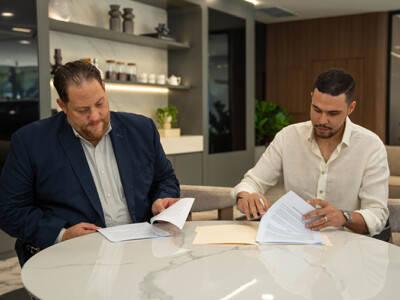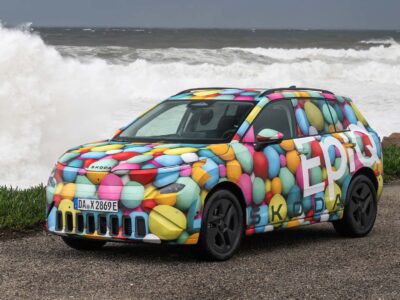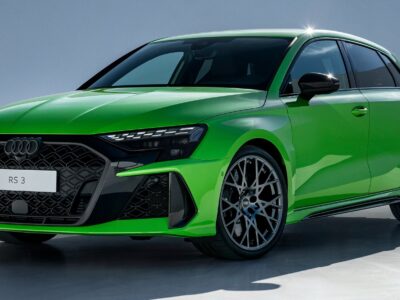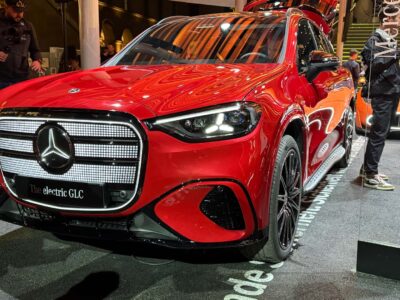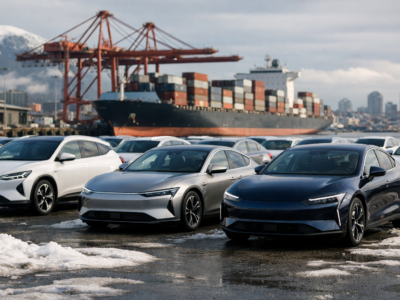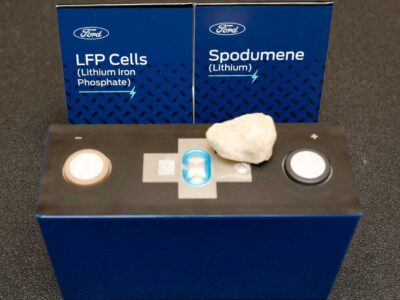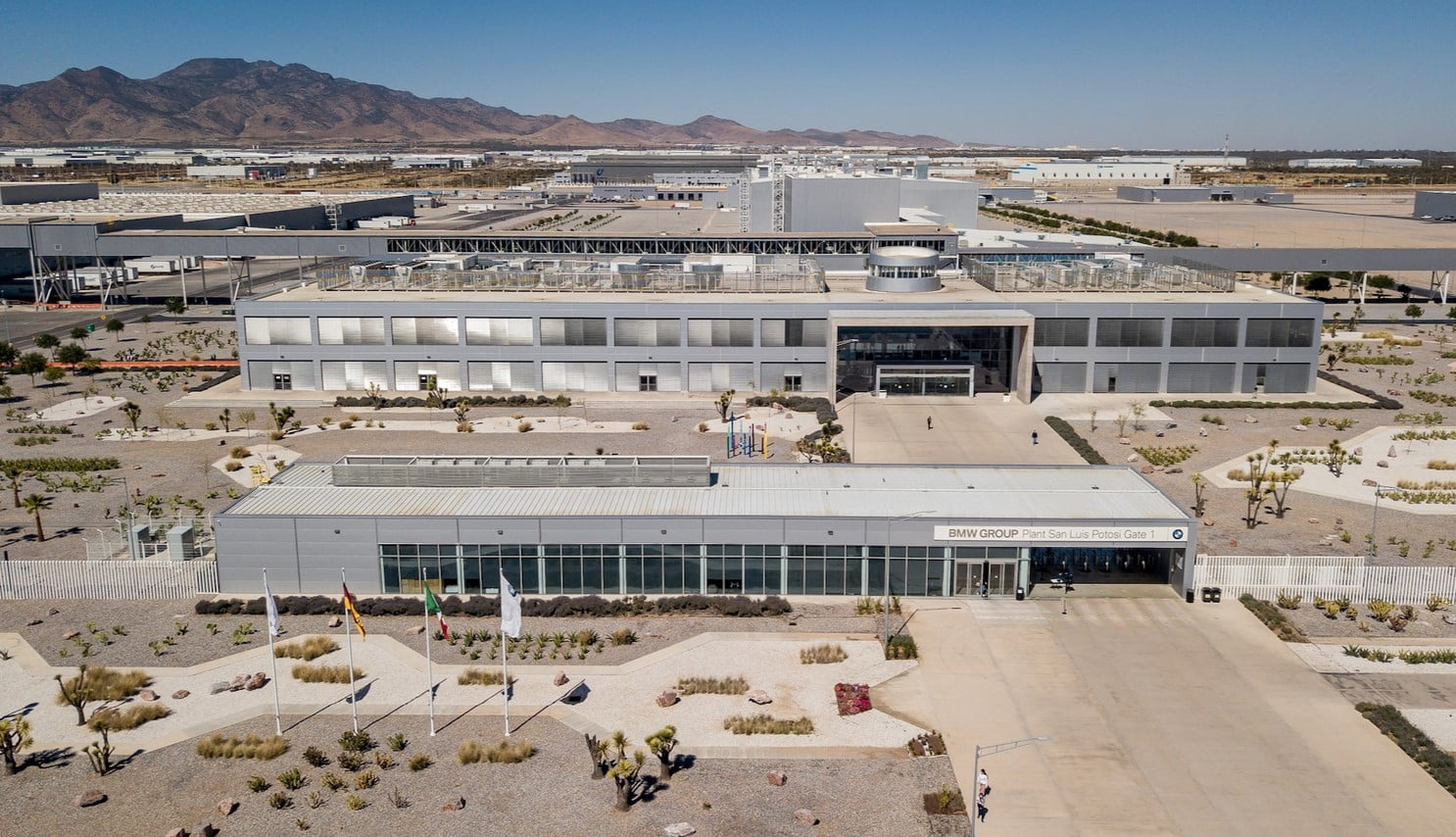
BMW has confirmed that its next-generation electric vehicles (EVs) will be produced in San Luis Potosí, Mexico, in addition to two European production sites. This strategic move allows these new electric models, part of the Neue Klasse family, to potentially qualify for U.S. tax credits and supply chain incentives.
The Neue Klasse EVs, set to debut in 2025, will initially be assembled in Debrecen, Hungary, followed by BMW’s main plant in Munich, Germany. Production in Mexico is scheduled to commence in 2027, with a significant portion likely intended for the U.S. market. Vehicles assembled in Mexico will meet the requirements outlined in the Investment Tax Credit (ITC) for U.S. assembly and U.S. content in raw materials and batteries, making them eligible for the federal EV tax credit.
BMW is investing $865 million to retrofit the San Luis Potosí plant, which began operations in 2019 and currently manufactures BMW 3 Series and 2 Series models, for electric vehicle production. This includes $541 million for a new battery assembly facility.
The Neue Klasse platform will separate the 3 Series into dedicated EV and internal combustion engine platforms. It marks a departure from BMW’s earlier approach, contrasting with the i5 and i7 EVs using remnant internal combustion engine bases. BMW has hinted that the dedicated platform developed for the Neue Klasse models might also support hydrogen fuel cell propulsion systems.
These vehicles will also be among the first to transition to cylindrical battery cells, enabling increased range, faster charging, and potentially lower costs. This aligns with BMW CEO Oliver Zipse’s vision of producing affordable electric vehicles. By 2030, BMW aims to build at least six fully electric models in the U.S., predicting that electric vehicles will constitute 50% of its global sales by that year.


